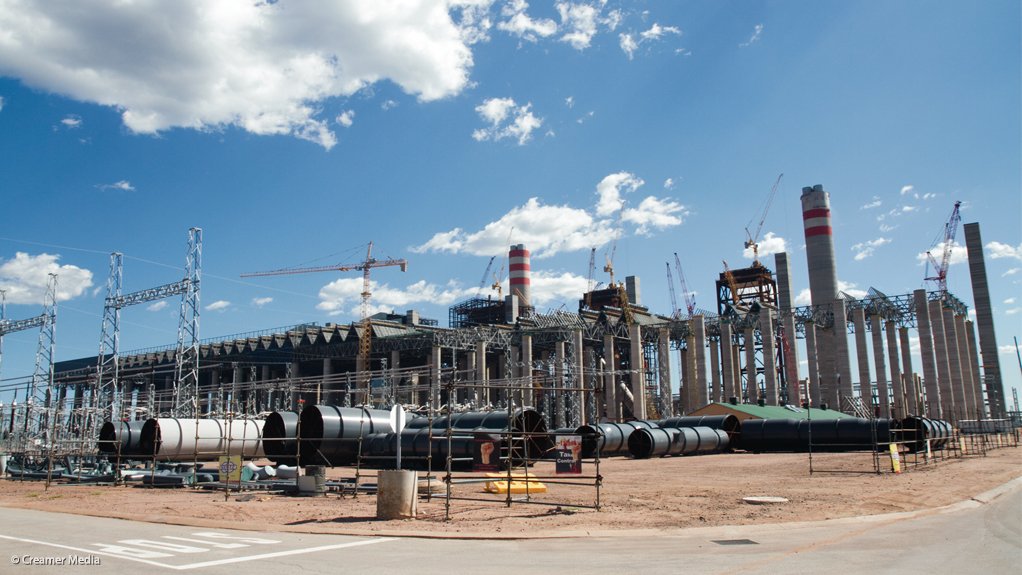Next year’s local government elections will be the most important ever held in South Africa’s recent democratic history, believes political analyst Daniel Silke.
He says a more vulnerable, fragile ANC faces a shifting political landscape, and along with it, increased competition to retain control in some key metros.
These same elections, however, have put a brake on policy implementation and on budgetary allocations, he notes.
As the ANC becomes more concerned “about its own political fortunes”, the party becomes, in a sense, less concerned about rocking the policy boat in South Africa.
“The elections make the ANC look a little bit more inwards, and less likely to commit itself to great policy initiatives or policy expansion.”
This means South Africa is likely to see “a fair degree of economic policy stagnation” until after the local government elections.
Silke emphasises, however, that this is not only a feature of South African politics, but of elections around the world.
He adds that “there has been serious fiscal decline” in South Africa, coupled with a possibly unsustainable level of State expenditure in various sectors, which could potentially move the country into “a debt trap”.
He acknowledged that government was cutting expenses, but noted that the position was becoming acute, especially when considering declining economic growth, as seen in the second quarter gross domestic product numbers.
Despite slowing growth, government has committed itself to an infrastructure budget of around R1-trillion over the next few years, says Silke, with much of this part of the National Development Plan (NDP).
“The NDP recognises the role of infrastructure in the South African economy.”
However, notes Silke, the NDP has been put “in a side tray, not an out tray, but a side tray”, as it cannot get adequate political buy-in from a “messy” ruling alliance, battling to keep itself together ahead of local government elections.
Silke says he is “fearful” South Africa’s low growth rate will see a contraction in the promised infrastructure spend over the “next year or two, or more”.
“This is a sad truth of the vicious cycle of a low growth rate. Government does not have enough cash, so where does it cut? Its cuts capex outside power [generation], and keeps the popular issues linked to the elections going.”
Silke urges engineers to fight for infrastructure budgets to be “maintained and enhanced”.
“To get the economy out of this mess we need good policy and fantastic infrastructure to be competitive.”
* Silke spoke at the AGM of the Intelligent Transport Society of South Africa.
EMAIL THIS ARTICLE SAVE THIS ARTICLE
To subscribe email subscriptions@creamermedia.co.za or click here
To advertise email advertising@creamermedia.co.za or click here











